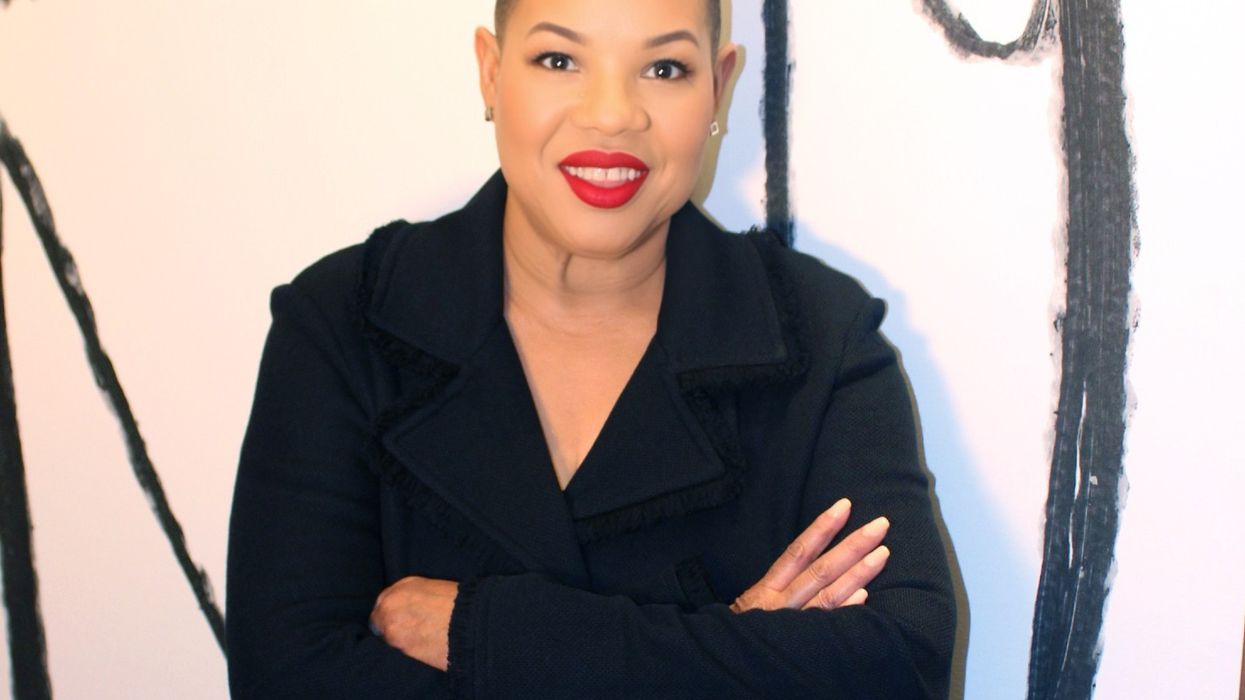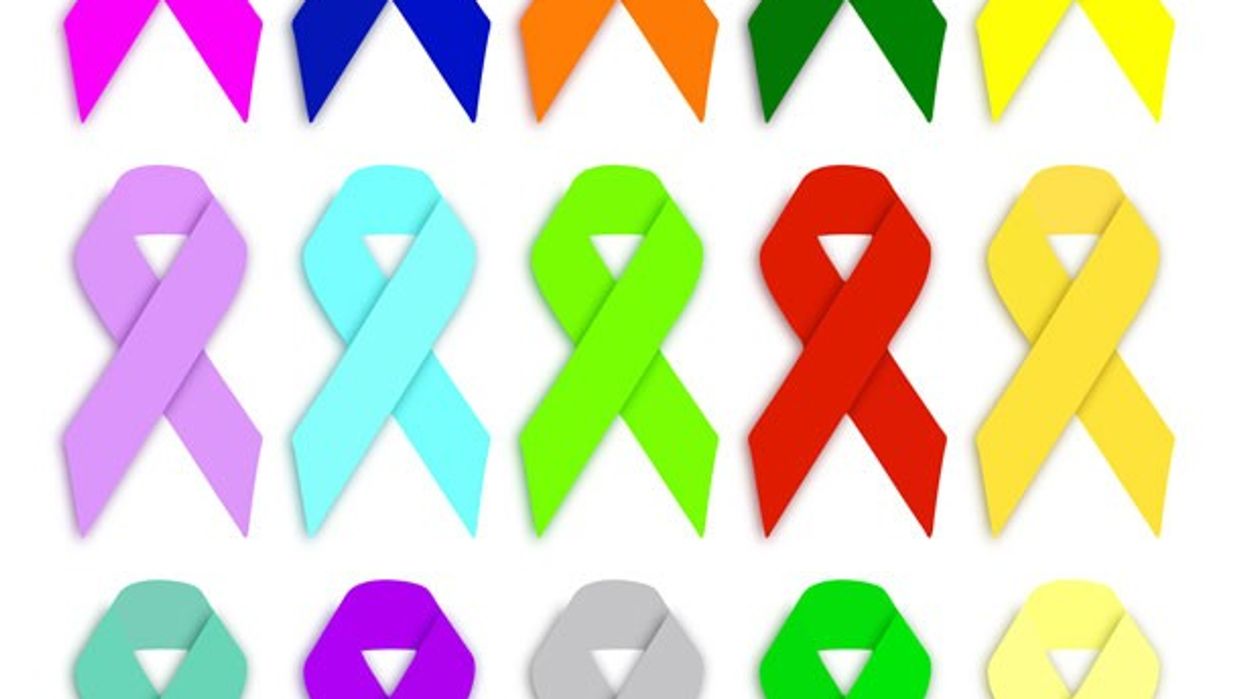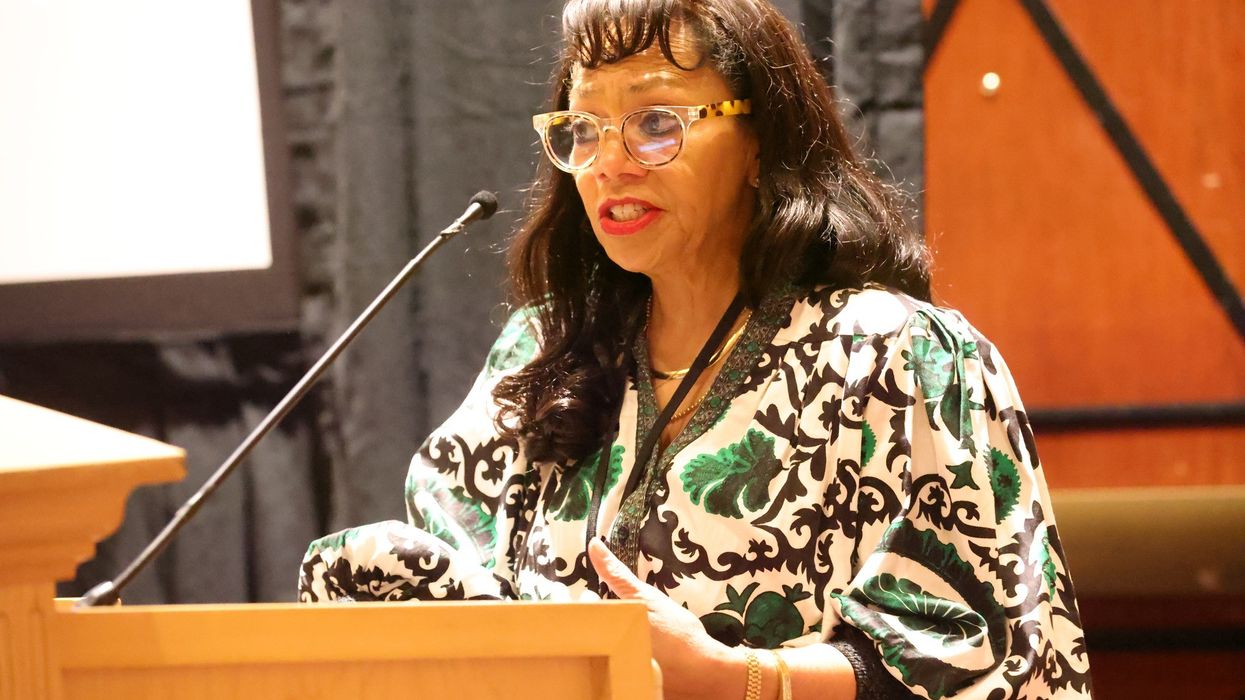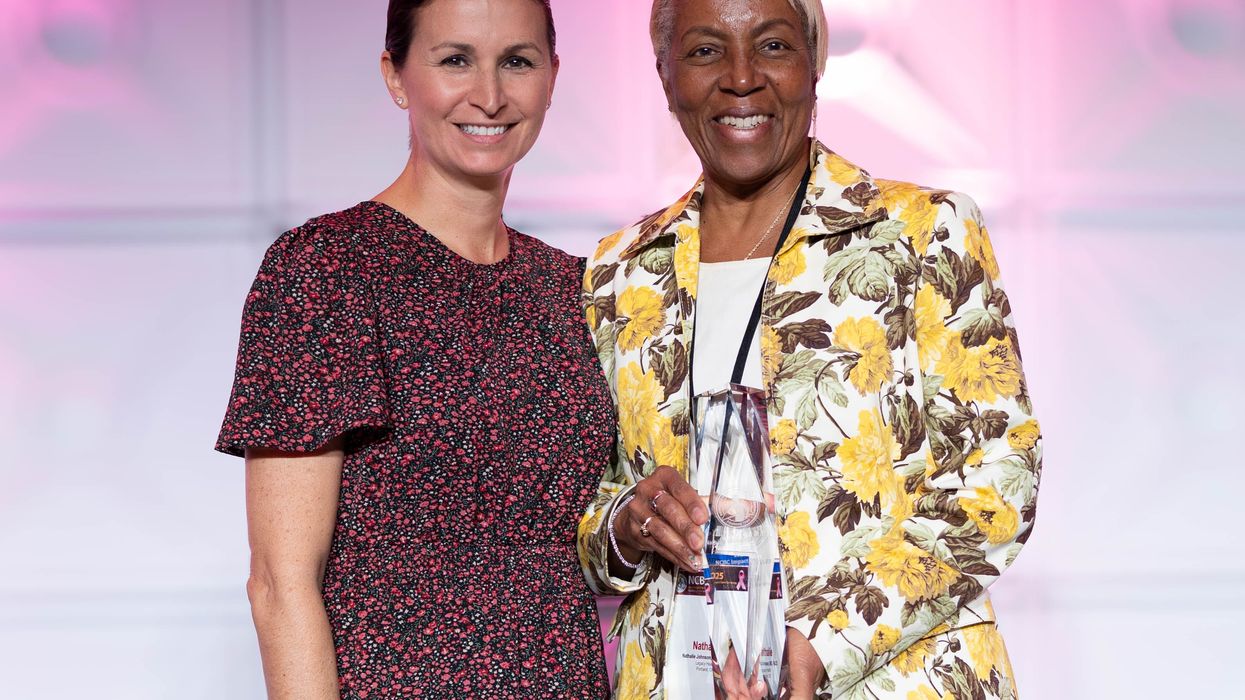Breast cancer is often perceived as a disease affecting older women, but for young women, the diagnosis can be especially shocking and life-altering. Thandi Montgomery was just 38 years old when she received the news that changed her life forever—she had stage 1 breast cancer.
“I thought I was doing everything right—eating healthy, exercising, and breastfeeding my children. When I first heard the words ‘breast cancer,’ it didn’t feel real. Even though the doctor was explaining what was happening, I couldn’t understand how or why this was happening to me at 38 years old,” Montgomery recalls.
According to the Centers for Disease Control and Prevention (CDC), about 10% of all new breast cancer cases in the United States occur in women younger than 45. For Montgomery, a devoted mother to a five-year-old daughter and an eight-year-old son at the time, the devastating news came as she was juggling motherhood and family responsibilities.
Her initial reaction? To fight.
“My first thought was, ‘What steps do I need to take to win?’ With my background as a strategist, I turned to research. I wanted to understand everything I could about cancer. Anytime you’re fighting an enemy, you need to know what you’re up against. For me, that enemy was cancer,” Montgomery says.
From the beginning, Montgomery’s family stood firmly by her side. Together, they prayed, researched, and sought multiple medical opinions before finalizing a treatment plan.
“After weighing our options, we chose a combination of holistic and conventional treatments. My conventional treatment included 16 rounds of chemotherapy, 30 radiation sessions, and four surgeries, including a double mastectomy followed by reconstructive surgery,” she explains.
Turning Survival into Advocacy
Breast cancer cases in women under 50 have been steadily increasing, with a particularly sharp rise in recent years, according to researchers at Washington University School of Medicine in St. Louis. Alarmed by these trends, Montgomery now dedicates herself to raising awareness among young women, urging them to take control of their health.
“Oftentimes, we prioritize our families, careers, and everything else, but we need to prioritize our health. It’s crucial to stay in tune with our bodies, perform monthly self-exams, and take charge of our well-being instead of solely relying on the healthcare system,” Montgomery emphasizes.
She quickly realized that many young women remain unaware of their risk for breast cancer, largely because mammograms are typically recommended starting at age 40. Determined to change this narrative, she began sharing her story widely, inspiring women of all ages. Her advocacy highlights three key pillars:
Self-Exams: Encouraging women to know their bodies and seek medical advice if something feels off.
Advocating for Health: Urging young women to push for answers and demand action if their concerns are dismissed by healthcare providers.
Support Systems: Stressing the importance of leaning on friends, family, and community during the challenging cancer journey.
“It’s important that we take care of our bodies because we only get one. Beyond monthly self-exams, we must also follow up with our annual checkups,” she says.

Addressing Health Disparities
Despite a lower overall incidence of breast cancer, Black women are 41% more likely to die from the disease than white women, according to the Mayo Clinic. This disparity is largely due to later-stage diagnoses and the aggressive nature of cancers like Triple Negative Breast Cancer (TNBC), which disproportionately affects Black women.
Montgomery’s powerful testimony has resonated with thousands, motivating them to be proactive about their health. She will share her journey at the National Consortium of Breast Centers’ 4th Survivors and Advocates Summit in Las Vegas on March 23.
“Thandi Montgomery’s story captures her resilience, determination, and strategic approach to battling breast cancer,” says Kimberly Samuels, CEO of NCBC.
For more information about the conference, visit the NCBC website at www.breastcare.org.















 Dr. Cary S. Kaufman teaches the "Essentials of Oncoplastic Surgery" course through the National Consortium of Breast Centers, providing breast surgeons around the world with advanced techniques for optimal breast surgery outcomes.
Dr. Cary S. Kaufman teaches the "Essentials of Oncoplastic Surgery" course through the National Consortium of Breast Centers, providing breast surgeons around the world with advanced techniques for optimal breast surgery outcomes.
 Dr. Jay Harness, MD, FACS, founder of Cancer Fitness, believes that when a woman begins exercising after breast cancer, it marks the start of her personal reconstruction journey.
Dr. Jay Harness, MD, FACS, founder of Cancer Fitness, believes that when a woman begins exercising after breast cancer, it marks the start of her personal reconstruction journey.
